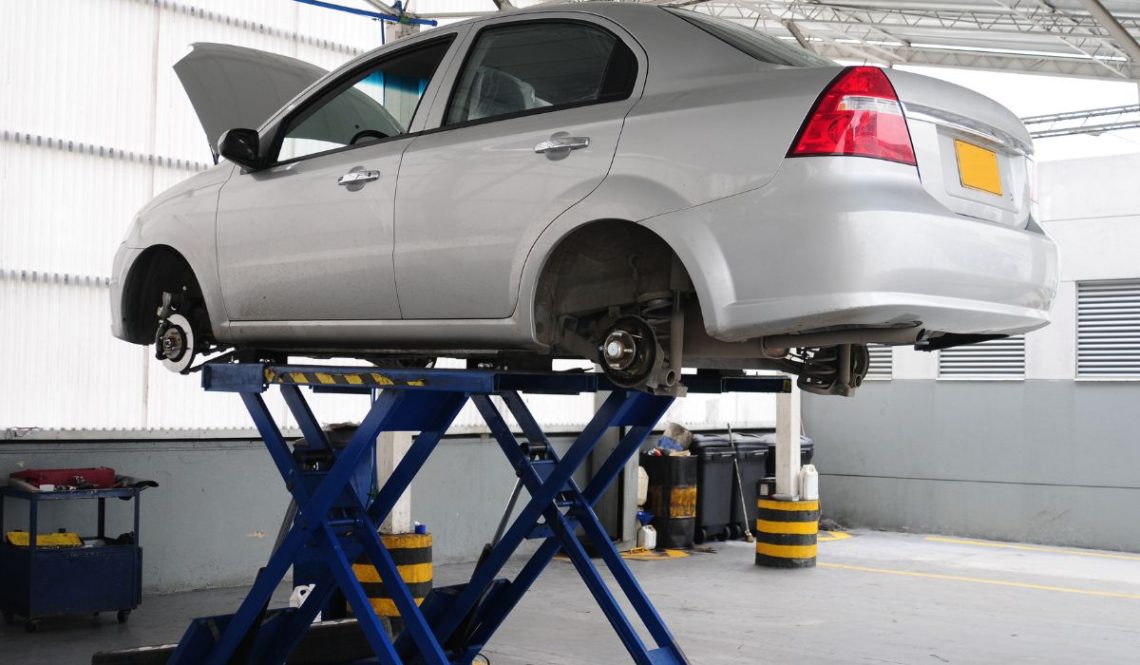
How To Start Your Own Credit Repair Business | SkillsAndTech
Do you want to start your own business? Are you looking for an innovative opportunity in the financial services industry? If so, starting a credit repair business could be the perfect fit for you. Credit repair is an important service that helps people improve their credit score and gain access to better loan rates and other financial options.
Starting your own credit repair business can be both rewarding and lucrative, but it’s not without its challenges. In this article, we’ll discuss how to get started with setting up your own credit repair business, from understanding the legal requirements to marketing your services.
See Also: How To Start Your Own Gaming Business
Table of Contents
What is credit repair?
Credit repair is the process of correcting errors and improving your credit score. It can be done by disputing items on your credit report, paying off debt, and making on-time payments.
See Also: How To Start Your Own Mental Health Business
If you have bad credit, it can be difficult to get a loan, rent an apartment, or get a job. Credit repair can help you improve your credit so you can get approved for loans and lines of credit, get better interest rates, and potentially even get a lower insurance premium.
There are many different companies that offer credit repair services. Some charge a monthly fee while others may charge a one-time fee. Be sure to research any company thoroughly before signing up for their services.
The Credit Repair Organization Act
The Credit Repair Organization Act (CROA) is a federal law that protects consumers from unfair or deceptive credit repair practices. CROA requires credit repair organizations to disclose their fees and performance results, and it bars them from making false or misleading statements. CROA also gives consumers the right to cancel their contracts with credit repair organizations within three days of signing.
See Also: How To Start Your Own Training Business
If you’re thinking about starting a credit repair business, you need to be aware of CROA and how it affects your business. Violating CROA can result in fines of up to $5,000 per violation, so it’s important to make sure you understand the law and comply with its provisions.
The Fair Credit Reporting Act
The Fair Credit Reporting Act (FCRA) is a federal law that promotes the accuracy, fairness, and privacy of information in the files of consumer reporting agencies (CRAs).
See Also: How To Start Your Own Trucking Dispatching Business
Consumer reporting agencies are companies that collect information about consumers and provide it to businesses for use in making credit, employment, housing, or other decisions about consumers.
The FCRA regulates CRAs that furnish reports about consumers to third parties, prescribes standards for furnishers of information to CRAs, and gives consumers rights with respect to their own credit information.
Under the FCRA, both CRAs and furnishers of information to CRAs must take reasonable steps to ensure the maximum possible accuracy of the information they report.
They must also correct or delete inaccurate or incomplete information. In addition, the FCRA promotes accuracy by giving consumers the right to dispute inaccurate information in their credit reports and requiring CRAs to investigate such disputes.
See Also: How To Start Your Own Venue Business
Furnishers may not report outdated negative information about a consumer. And finally, the FCRA requires CRAs to maintain reasonable procedures designed to prevent the unauthorized disclosure of consumer information and provides consumers with certain rights regarding access to their own credit information.
The Fair Debt Collection Practices Act
The Fair Debt Collection Practices Act or FDCPA is a federal law that protects consumers from harassing debt collectors. If you’re thinking about starting your own credit repair business, it’s important to know the ins and outs of the FDCPA so you can stay compliant and help your clients get out of debt.
See Also: How To Start A Slush Business
What is the Fair Debt Collection Practices Act?
The Fair Debt Collection Practices Act is a federal law that was enacted in 1977 to protect consumers from unfair or abusive debt collection practices. The FDCPA applies to any person or company that regularly collects debts owed to others, including credit card companies, medical providers, and student loan servicers.
See Also: How To Start A Hoarding Clean Up Business
What are some examples of prohibited debt collection practices?
The FDCPA prohibits a number of unfair or abusive debt collection practices, including:
-Harassment: Debt collectors cannot use threatening or obscene language when communicating with debtors. They also cannot make repeated phone calls or visits in an attempt to annoy, intimidate, or harass the debtor.
+-False statements: Debt collectors cannot lie about their identity or the amount of money owed. They also cannot falsely claim to be attorneys or government representatives.
See Also: How To Start A Garbage Can Cleaning Business
+-Unfair practices: Debt collectors cannot use deceptive tactics to collect a debt, such as promisingto postdate a check if the debtor pays a certain amount upfront; calling before 8am or after 9pm; contactingthe debtor at work if the debtor has asked them not
Step-by-step guide to starting your own credit repair business
Assuming you have a basic understanding of credit and credit repair, starting your own credit repair business is not as difficult as it may seem. With a little bit of research and planning, you can be up and running in no time!
To get started, here is a step-by-step guide to starting your own credit repair business:
See Also: How To Start Your Own Tree Cutting Business
1. Research the market. Before diving into starting your own credit repair business, it is important to first understand the market you will be entering. This means researching the current state of the credit industry, understanding what services are already being offered, and identifying any potential gaps in the market that your business could fill. This research will also help you determine what pricing model would work best for your business.
2. Create a business plan. Once you have a good understanding of the market, it’s time to start putting together your business plan. This document should outline your business goals, strategies, and how you plan on achieving them. If you need help creating a business plan, there are plenty of resources available online or you can hire a professional consultant to assist you.
See Also: How To Start Your Own Weed Delivery Business
3. Choose a company name and register your business. Now it’s time to choose a name for your credit repair company and officially register it with the state in which you will be operating. This process will vary depending on where you are located, so be sure to research the requirements for your specific state.
Conclusion
Starting your own credit repair business can be a lucrative and fulfilling endeavor. It may take some time to learn the ropes, but when done properly it can be very profitable. With knowledge of the laws, processes and software necessary to run a successful credit repair business, you can help many individuals get back on their feet financially.
See Also: How To Start A Glass Etching Business
Furthermore, by providing such an invaluable service to people who need it most, you will have made a positive impact in the lives of countless individuals.





